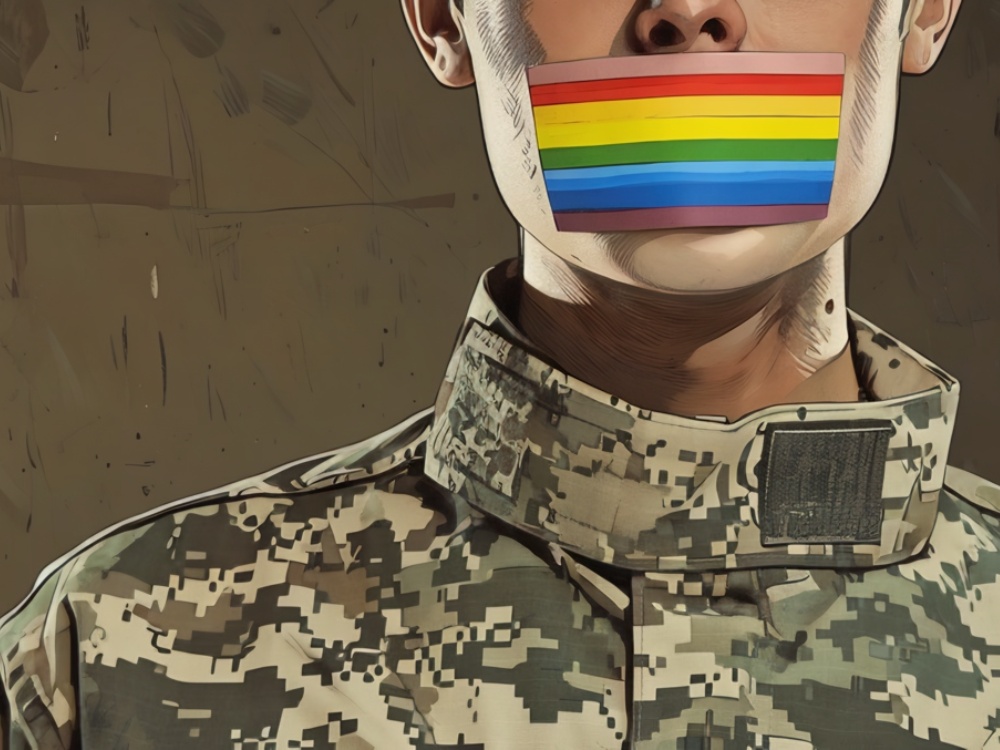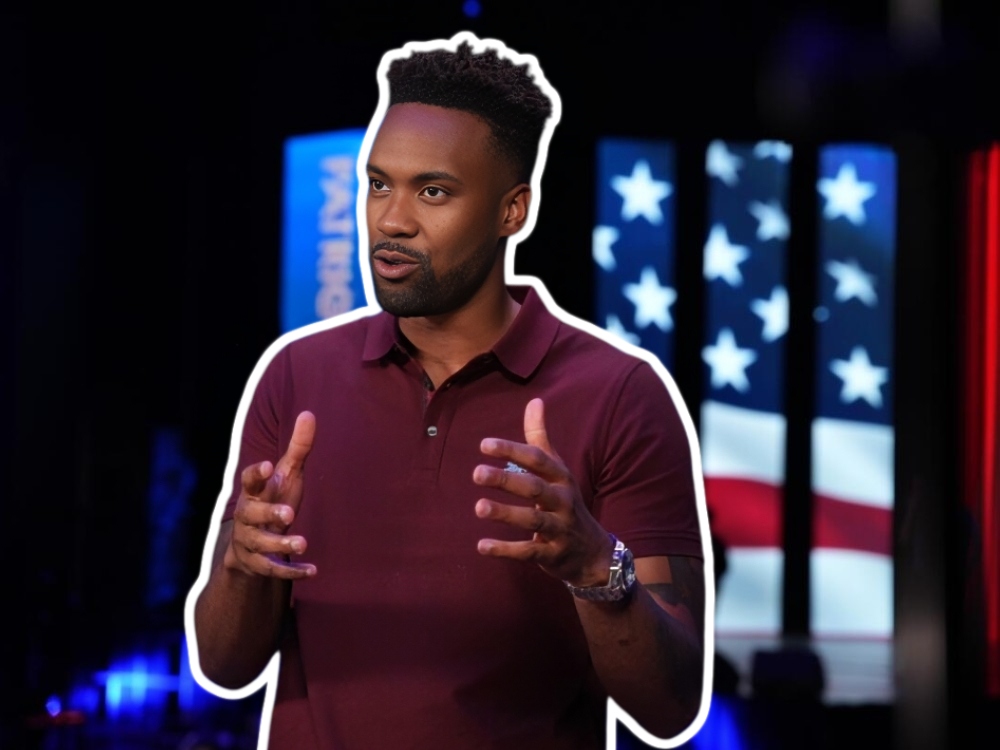On 1 November 2025, the small village of Palapye, Botswana, made history by hosting the country’s first-ever local Pride march — a milestone event in the fight for equality, visibility and dignity for the LGBTIQ+ community.
In a country where tradition, religion, and cultural conservatism often dominate public discourse, Pride in Palapye wasn’t just a celebration — it was a bold declaration of existence.
“The silence was loud,” said Seipone Boitshwarelo, activist and organiser with AGANG Community Network. “But slowly, people began to show up. They weren’t late — they were afraid. And their fear made sense. Showing up in a place like Palapye is a radical act.”
Though the morning began with just a few supporters — including religious leaders and parents — rainbow flags eventually emerged, and people gathered. Their presence transformed what began as an uncertain moment into a landmark occasion for LGBTQ+ rights in Botswana.
A First of Its Kind
Palapye Pride was more than a community gathering — it was the first Pride event ever held in a rural setting in Botswana, making it a defining moment in the nation’s human rights journey. While past legal victories have marked progress, such as the decriminalisation of same-sex relations in 2021 and the registration of LEGABIBO in 2016, these rulings have not fully translated into lived freedom, especially outside urban centres.
“Pride in Palapye was a necessary reclaiming of space,” said Boitshwarelo, who is also a nominee for Botswana’s BW Pride Awards – Healing and Justice Award. “The state may ignore our existence, but our communities won’t.”
Why This Pride Mattered
In Botswana, Pride still carries political urgency. While Pride events in larger cities have slowly gained traction, rural communities remain largely untouched by LGBTQ+ visibility. That’s why the Palapye march was symbolic and strategic — held in a conservative village where being openly queer can still result in exclusion or danger.
Despite receiving no external funding, the event went ahead. Community members donated water, printed materials, and contributed sound equipment. Their generosity spoke to the growing support for inclusion — even in areas where change is hardest to come by.
“This event wasn’t about budgets,” said Boitshwarelo. “It was about belief — in equality, in each other, in community. Motho ke motho ka batho — a person is a person through others.”
A National Turning Point
Palapye Pride signals that the fight for LGBTQ+ equality in Botswana is expanding beyond legal battles into the cultural and emotional heart of the nation. It proves that visibility can take root in unexpected places and that change often begins not with mass movements, but with brave first steps.
It also directly challenges the 2023 Constitutional Review process, which sidelined LGBTQ+ voices despite earlier court decisions affirming their rights to association and dignity. Pride, in this context, becomes an act of resistance.
“When governments erase us, we show up anyway,” Boitshwarelo said. “Pride in Palapye was our declaration — not just of presence, but of belonging.”
Beyond One Day
For the organisers of AGANG Community Network, Palapye Pride wasn’t just a one-day event. It was the beginning of a broader, ongoing movement to build safe, inclusive spaces across Botswana — starting with families, friends, and local allies.
“Pride is healing, joy, resistance, and remembrance,” Boitshwarelo said. “This march was historic not because it was loud, but because it was real. And it’s only the beginning.”


































